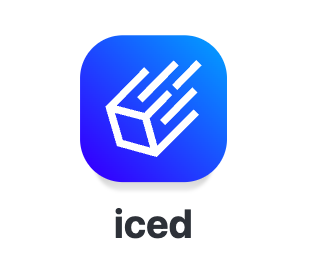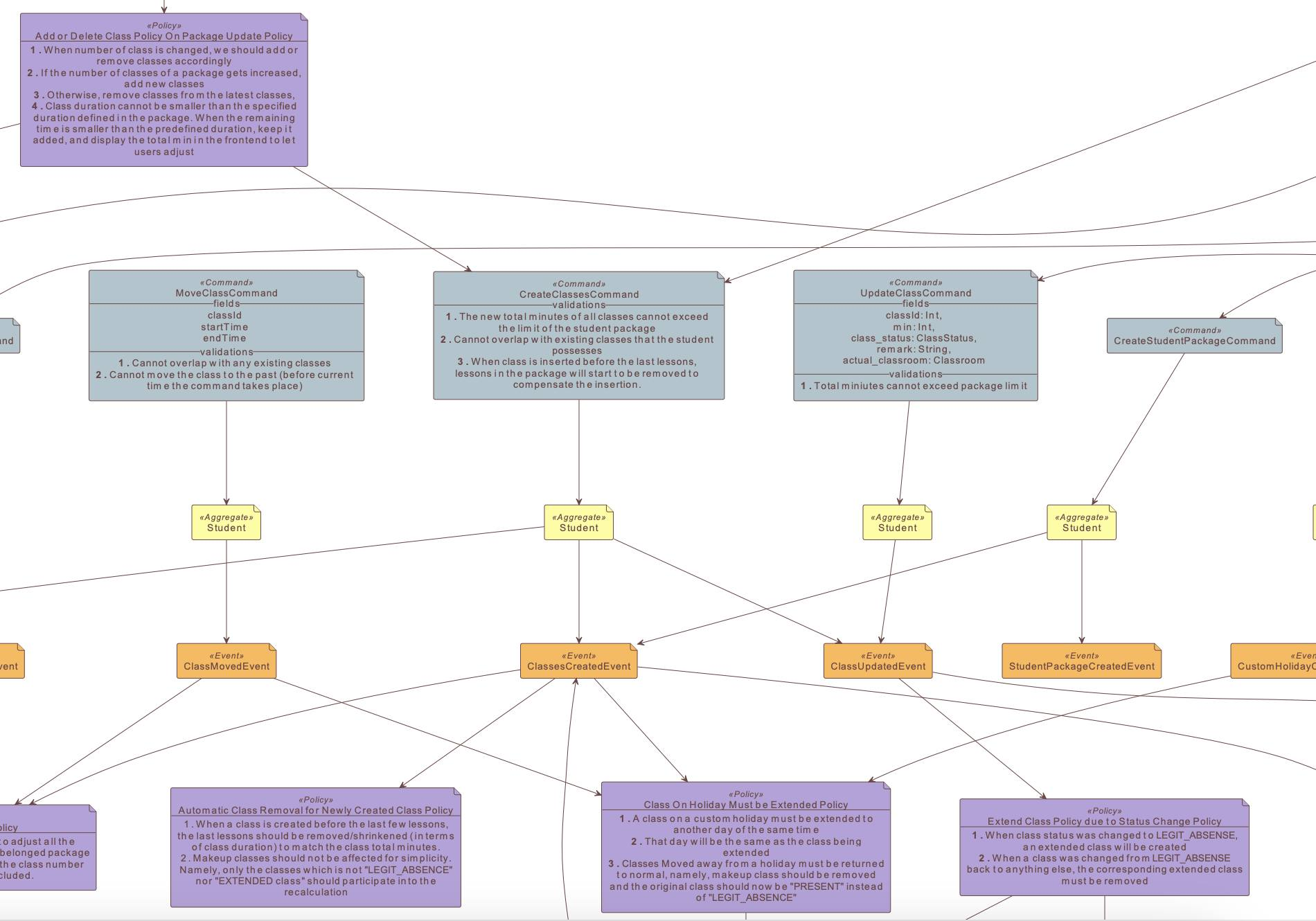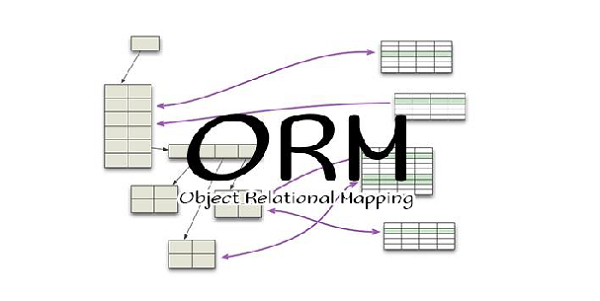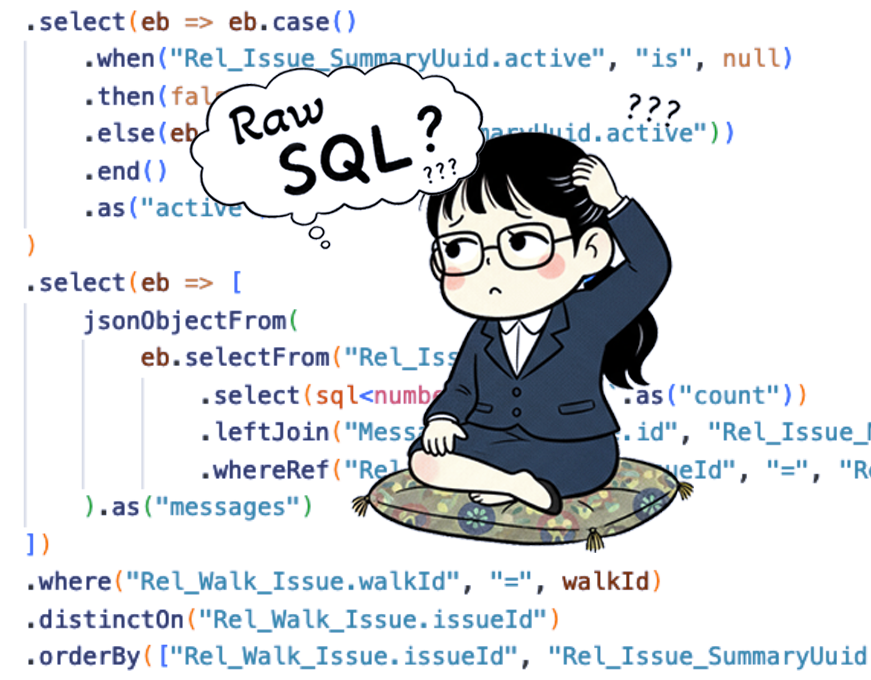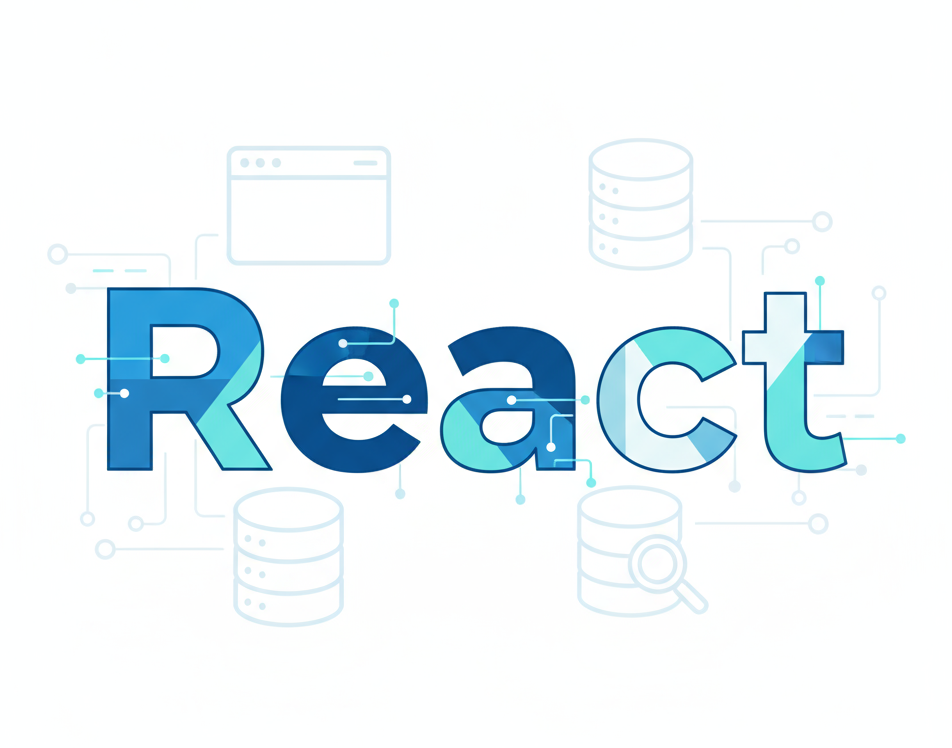Bear in mind not every annotation for joining table is lazy-loading by default (eager-loading harms the data migration speed significantly).
We have studied how to create rate-limited concurrent tasks in golang here. With kotlin we can immitate the same concept directly!
suspend fun createDefaultTags() = coroutineScope { val batchSize = 20 val total = teamRepository.count().toDouble() val totalPages = Math.ceil(total/batchSize).toInt() println("BatchSize: $batchSize, Pages: $totalPages") val latch = CountDownLatch(totalPages) val channel = kotlinx.coroutines.channels.Channel<Unit>(5) for (page in 0..<totalPages) { launch(Dispatchers.IO) { try { channel.send(Unit) batchInsertTags(page, batchSize, totalPages) } catch (e: Exception) { throw e } finally { channel.receive() latch.countDown() } } } println("Waiting for everything to finish ...") latch.await() println("Finished!") }
In otherwords,
CountDownLatchplays the role assync.WaitGroupandChannel<Unit>plays the role aschan struct{}.


